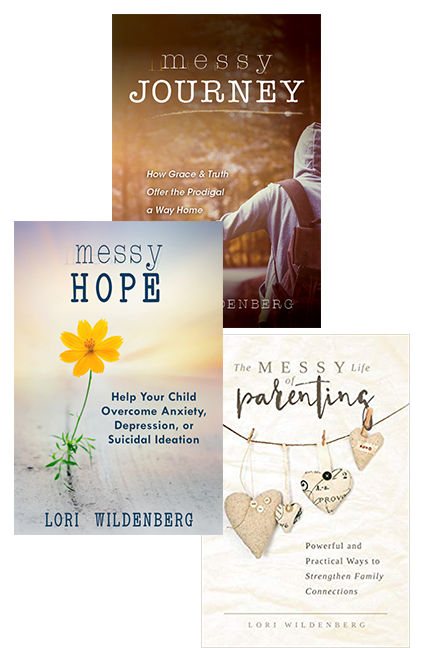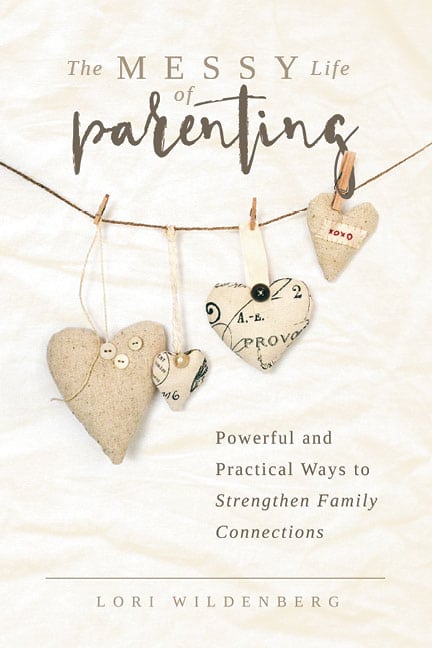“My son just likes to argue.”
“Every time I tell my teen to do something, she argues with me.”
“I’m sick and tired of all the fighting.”
“Why can’t my tween just do what I tell him to do?”
All sentiments expressed by exasperated moms of dads of tweens to young adults.
Defiance and debate fill the air rather than dialogue and discussion.
We want our kids to be able to stand up for themselves and express opposing views (respectfully)…but truth be told we are not all that excited when they flex their independence muscles with us.
Okay, so let’s start with what is good and not so good about having a little debater in our home.
1. He can persevere. That’s good. And…he doesn’t know when to quit. Not so good.
2. He is able to articulate needs or wants. That’s good. And…he doesn’t listen to the other side. Not so good.
3. He doesn’t blindly or passively agree or go along with everyone or everything. That’s good. (Complacency may make home-life easier but the peer persuasion will also be more powerful.) And…he has little regard for authority. Not so good.
Here’s the thing–The negotiating isn’t the issue. Respect is.
How can we interact with our potential future lawyer and turn his love for verbal battle into a training ground for respectful conversation instead?
We start with ourselves.
We make a choice not to engage, rage, avoid or escape the argument. We choose not to battle back, match passion for passion, ignore or withdraw. (NOTE: There is a parenting technique that tells moms and dads to say, “I love you too much to argue with you.” I personally don’t like this response. It shuts down dialogue,ultimately demeans (and frustrates) the other person, and finally does zero training in positive and effective interpersonal communication. Read further down the blog post to see how to handle this in a more successful manner.)
Instead we offer the invitation for a respectful exchange of thought.
How does one do this?
Acknowledge and affirm the relationship. Create the discussion boundaries. Reflect the emotion. Verbalize the shared goal.
“You are my son. (acknowledge) I love you very much. (affirm) I treat you with respect. I expect respect in return. (boundary) I can see you are passionate about this. (reflect) I want to hear your concerns and I believe you want me to hear your concerns. State them in a way I can hear them.(verbalize goal).”
Respectful words plus respectful tone will guarantee a respectful response.
By doing this, parents help the child move out of the deregulated emotional state to the logical part of the brain. (Frankly it helps us adults keep cool as well.)
The responsibility for a reasonable discussion now falls on the child. (Since the child is in it to win it, he will be more likely to readjust his tactics.)
Once the child is able to articulate his stance from a rational position, examine his points.
Is it possible it is time to give him some more responsibility so he can have some more freedom? (If the child wants more freedom, his responsibilities need to increase as does his transparency. The more he discloses, the more trust is increased.) If so, work with your child to develop the acceptable terms.
To have the ability to talk and listen with respect, especially during a disagreement, is a critical life skill. Passion and emotion can be great personal motivators but are not necessarily solid ground for persuasion and a thoughtful exchange of ideas.Our kids need to be trained to discuss, discern, analyze, and evaluate other points of view.
Home is the best place for this to happen.
Proverbs 20:3 (NKJV)
By,
Lori Wildenberg
Co-founder of 1 Corinthians 13 Parenting, co-author of 3 parenting books. Lori is currently Click here to go to Lori’s contact page and website.
scheduling her speaking engagements and workshops for the upcoming 2015-2016 school year. Book her for your next event!







